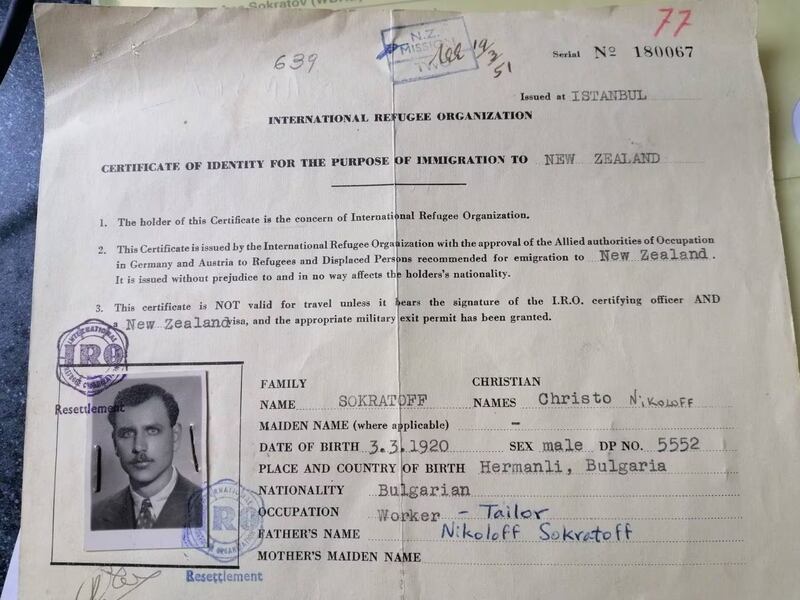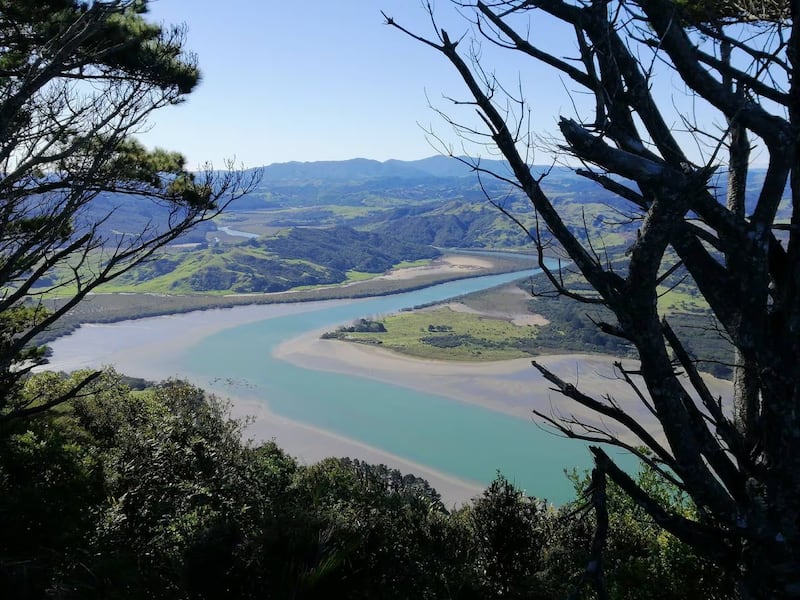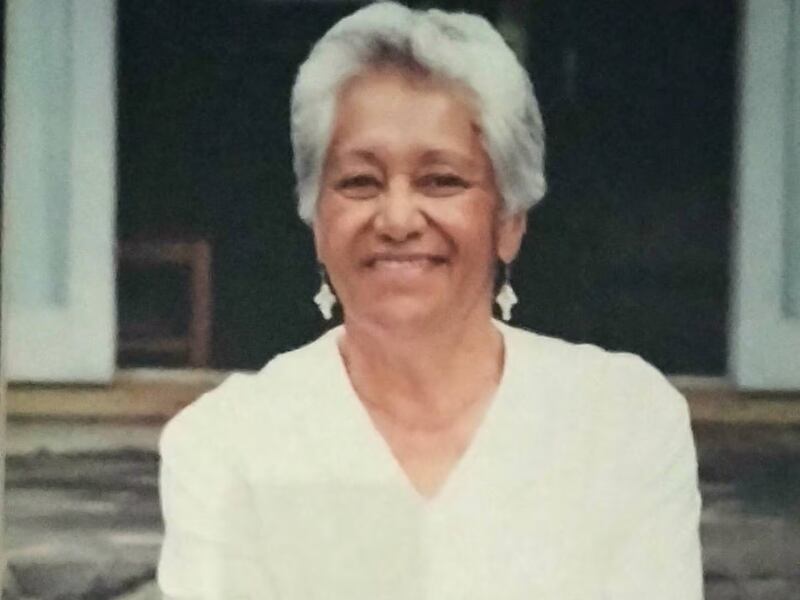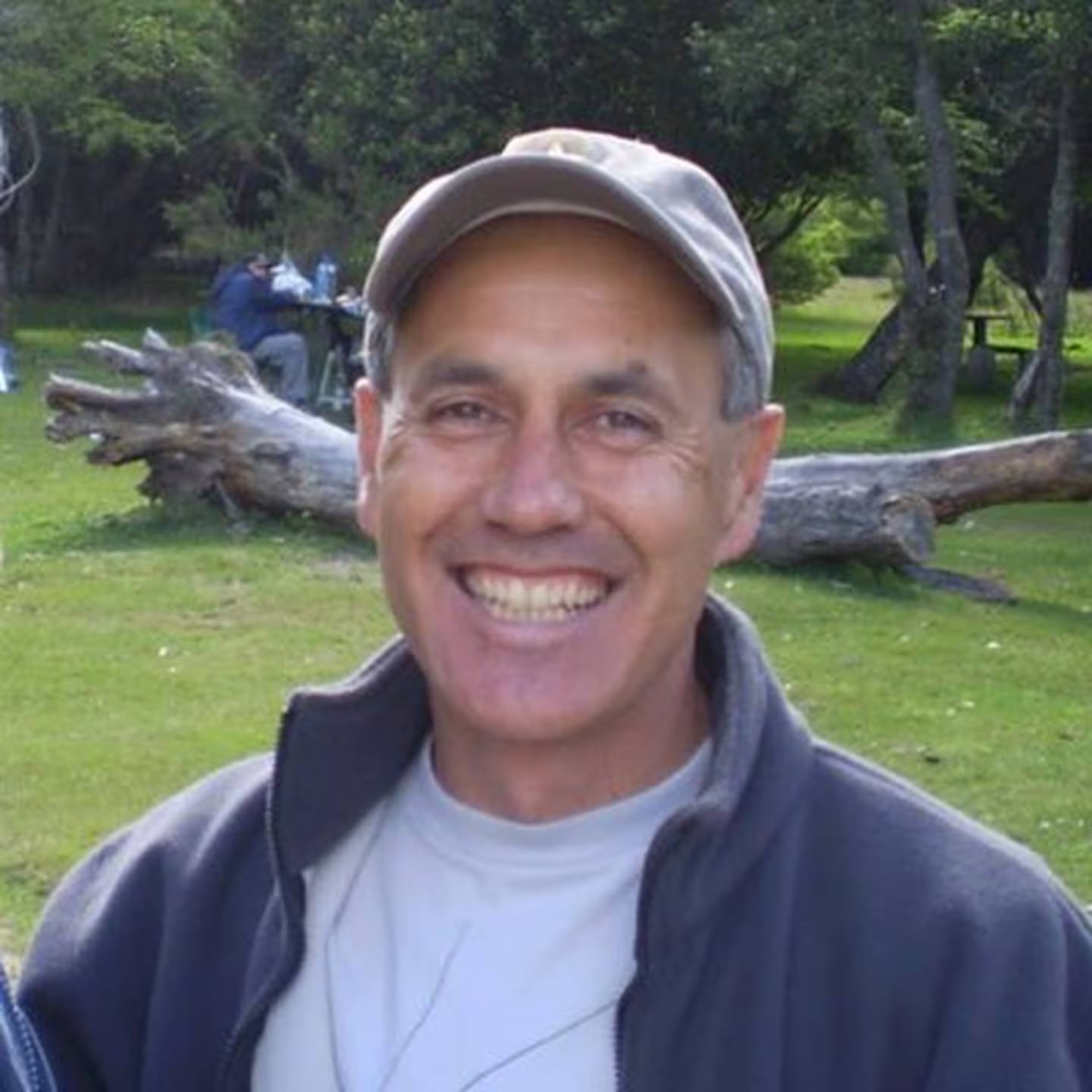OPINION
Māori-Bulgarian and former advertising man Boris Sokratov has had health insurance for 40 years, and after a close call with death reflects on his Māori cousins who don’t have medical cover, have limited access to care, and according to statistics, will die earlier.
It costs thousands of dollars to get a private school education and private healthcare. I can afford it - my Māori whānau cannot.
I’m lying in the comfort of my private hospital bed following surgery for a very rare medical condition. Fewer than 150 men in the world present with it annually. It’s so rare that when it first presents, it’s almost always misdiagnosed because it looks like eczema - but it’s not; it’s more sinister. Ordinarily by the time it’s correctly diagnosed, it’s too late, it’s become a well-advanced secondary cancer and you’re goneburger. But I’m fortunate. It appears we may have caught it early enough to avoid cancerous spread.
Good news for those who wish me dead
There’s no certainty with this condition. There’s very little medical literature on it and it has a very high probability of recurring. Good news for those who wish me dead. And more than a tad painful and inconvenient for me. That said, I’m not about to go anywhere in a hurry.
I’ve forgotten how many times I’ve undergone medical procedures under general anaesthetic. I stopped counting at 20. This is the second time I’ve been here in 3 months for this condition and the fourth significant private surgical intervention I’ve needed within 6 months. To be clear I would not have been seen in the public hospital system for months, if not years for my condition, simply because I don’t present, or look sick, and what I have looks like eczema. But things haven’t been feeling right so rather than be a dead hero I allowed prudence to be my guide and got checked. How lucky was I, that niggling itch was more than just an irritation.
The hospital is like a 5-star hotel
North Shore’s Southern Cross Hospital is in many ways akin to the 5-star hotels I’ve had the privilege to stay at all over the world. I’ve got a nice thermostatically temperature-controlled room. It’s perfect. My room is well-appointed, quiet and private. There’s an ensuite, telephone, loads of wardrobe space, a TV, and internet. The staff are clearly well-trained, highly experienced and at my beck and call 24/7. It’s also warm, clean, cosy, and what’s more – the food is healthy, wholesome, well-presented and inviting.
Contrast that with the noisy, shared, uncomfortably warm crowded shared ward space and the disgraceful muck I watched being served up to my first cousin as food, when I visited him at Auckland Public Hospital in June. He’d just had a quadruple bypass. He’s also got diabetes, high blood pressure and is overweight. But like most people, not just Māori, he doesn’t have private medical insurance. That’s reserved for the privilege of people like me – the haves.
I look like a poster boy for success. But I’m not. My genetics are against me. Life expectancy for Māori males is currently 73 years and 77 years for Māori females. For non-Māori males, life expectancy is 81 years (2,920 days longer than Tane Māori), and 84 years for non-Māori females (2,550 days longer than Wahine Maori). That’s a huge difference. Māorihealth statistics are abysmal.
That contrast in access to healthcare availability and life expectancy got me thinking about how fortunate and privileged my life is. I’ve had private medical insurance for more than 40 years. Very few people of Māori descent can say that. My first cousin certainly can’t. I “lucked into” it somewhat fortuitously.
My first job straight out of school was working as the messenger boy for Charles Haines Advertising. Haines was the largest advertising agency in New Zealand in the 1970′s. It was owned by Ray Dalton. Ray had been an All Blacks vice-captain. His son Andy went one better and became All Blacks captain.
I don’t know if there were any other Māori working in advertising in the late 70′s. If there were I never met them. So how did I end up with Southern Cross Medical Insurance? Simple, Haines had the advertising account and the managing director of the Auckland agency said I should get it because they had a special subsidised employee scheme. So I did. Lucky me. Turned out to probably be one of the best financial (not health) decisions I’ve ever made.
I’m probably a private insurer’s worst nightmare. The cost of all my specialist and hospital care over the years would easily be more than double the premiums I’ve paid. I don’t need GP cover because my wife is a doctor. So yeah my life is both fortunate and privileged in more ways than one. But it wasn’t always that way.

I am the son of Christo Nikoloff Sokratoff and Rose Teaomarama Sokratov (nee Henare). Dad fled Bulgaria to escape communism and lived in a Turkish refugee camp for three years before migrating to New Zealand in 1951. Mum grew up in a place called Whangape. To get to where my grandfather built the mud floor nikau palm “bushmen’s hut” that was home for my grandparents and mother you have to drive 30km southwest of Kaitaia, to the end of the tar seal and then along rutted gravel roads to the Whangape Harbour (which feels like duelling banjo country) hop aboard a boat and motor 5km up the Awaroa River. It doesn’t get more remote. They had no access to electricity, sanitation or town supplied water. In fact there’s still no phone coverage or electricity.
Think about that for a moment:
I owe my life to two strangers from countries thousands of miles apart who didn’t speak English as a first language. They came from completely different ethnic and cultural backgrounds and somehow managed to meet in a Symonds St Auckland Dance Hall in 1952. How does that happen when their journeys started so geographically apart? That’s the thing about life, we know not what it has in store for us or where it may lead. It really is just the luck of the dice.
So here I am, the son of a Bulgarian refugee and a Māori mother. The first 10 years of my carefree life in the 1960′s were spent growing up with my parents and younger sister in one room of a boarding house. It was a time when even slum kids in Auckland’s Freemans Bay had great lives. And while we didn’t have hot running water, we did have cold town supply, an outdoor toilet, and a kerosene heater to keep us warm. I genuinely believed we lived the life of Riley.
Some people get lucky simply by accident of birth. I may not have been born into royalty or money, however I do consider myself to be among the lucky privileged few. There are over 8 billion people in the world. Most of them are not lucky.
Why am I fortunate, and privileged and how much of my “conventional success” is due to hard work or good luck? It’s almost all luck. First piece of luck was being born in Aotearoa to caring parents in the 1960′s. Talk about a great time to be alive and living in Aotearoa... or was it really?
It certainly was if your skin colour wasn’t brown. Sadly, it’s still much the same, now. The statistics don’t lie.

My mother was from the generation who were not just punished, they were “beaten” by some abhorrent teachers for daring to speak te reo at school. It’s why mum would never teach me te reo because she said, teaching me Māori would bring back bad memories. Similarly with my dad. When I pestered him to teach me Bulgarian, his response was – “why would I teach you a language nobody in this country speaks? Learn English it will be better for you.” So here I am someone who should be strongly tri-lingual but I’m not.
Sure I have a smattering of te reo and can understand a smidgen, can’t say the same about Bulgarian. And yet I have a reasonable enough command of French and Spanish to get by when we travel. That’s what comes of being one of the fortunate few that a conventional book learning education system worked for.
Our nation’s past (and present) education and health systems have never worked for the vast majority of Māori and they never will. They aren’t fit for purpose.
Educational streaming does not work for Māori. Kids know when they’ve been put in the dumb class. According to Dr Hana O’Regan, Tumu Whakarae of Tātai Aho Rau Core Education, research shows that Māori and Pacific students are more likely to be incorrectly placed in bottom groups and classes - “it damages self-esteem, confidence, and limits career pathways. The policies and practices of streaming students into certain subjects or classes based on perceived ability equates to inequity by design in our education system”.
I wasn’t placed in the bottom classes, but then again my name is Boris Sokratov. I was however subjected to unconscious bias by my geography teacher in my last year at secondary school.
From memory I got something like 18 per cent in my first term geography exam and 20 per cent in the pre-bursary exam. When you add those two numbers together you still don’t get 50 per cent. So I went to the 7th form Dean and said, I felt I should leave school and try to get an apprenticeship because clearly I wasn’t going to get a bursary.
The conversation we had would indelibly change the course of my life. It was the moment I learned, knowing how to frame and ask questions is more important than knowing answers.
Mr Meyer looked at me through his half spectacles and firmly said, “Where do you come in history?” My response was, “first”.
He then said, “when you are just a number on a piece of paper you won’t have a problem.” Mr Meyer recognised the confused look on my face, and followed up with, “Do you think I’m a bad judge of character?”
Hell no! He was my hero. What I heard was, Mr Meyer is telling me to stay at school, without telling me to stay at school. I’m going to stay at school.

I went back to the geography class, got my best friend’s exam paper, compared answers and was gobsmacked. Peter didn’t have brown skin and was also the head boy. His answers looked exactly the same as mine.
In that moment I realised the wisdom in my mother’s words, “being Māori isn’t easy son. Never allow anyone to ever put you down, remember you are as good as the next person.”
Those words still echo in my ears. Mum engendered me with the confidence almost all Māori children do not have and neither are they encouraged to develop it. Confidence isn’t a natural quality trait for Māori. She ensured I was never afraid to stand up for myself and encouraged me to challenge authority. Been doing it ever since.
So I went to the geography teacher (who shall remain nameless) and said,” How come Peter gets 90 per cent and I get 20. He went beetroot red and defensively whispered, “No, no, no, your answers are different.”
That was a lightbulb moment and I understood Mr Meyer’s wisdom. In the external bursary exam, when I was “just a number on a piece of paper”, as he had described, not only did I pass geography, I got the highest mark in geography a student from Glendowie College had ever got in the external bursary examinations and left secondary school with an A bursary. Not many Māori kids left school with one of those in 1976.
And yet I came within a whisker of accepting the social conditioning my geography teacher was and his unconscious bias was subjecting me to. I came close to believing I was a dumb brown-skinned kid. To this day, I don’t believe that teacher did it on purpose. He just couldn’t believe a kid with my skin colour could have a brain.
Unthinking politicians and the university-educated ramble on about education and health as if one fits the other like a velvet glove. That may well be so if you aren’t from a predominantly Māori background.
Education comes in many forms, academic excellence being only one. And yet as a society we over-emphasise it.
What does all this have to do with the position of Māori in education and health in Aotearoa New Zealand? I spent the first half of my life in schools and workplaces having to listen to people put down Māori. I had to unlearn all the negative social conditioning Māori are subjected to. For years I said nothing, then in my late 20s I started pushing back, “you do know I’m Māori?” The retort was always “we’re not talking about you” or even worse “you’re one of those good Māori”.
On reflection, I’m not sure if I would want to be a child, let alone a Māori child born in Aotearoa New Zealand today. Kids, especially Māori kids, are under more socio-economic and now political pressure than ever before.
The more things change, the more they stay the same.
- NZME

